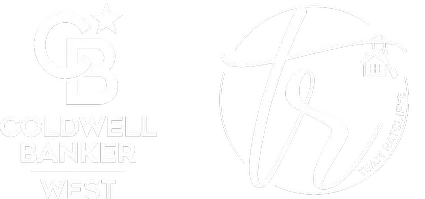Banned Books Week is drawing to a close – but censorship attempts aren’t


National Banned Books Week may be drawing to an end on Sunday, but events are still going locally as San Diego honors its public library system and the right to read for all.
The events include Banned Books Trivia at Ballast Point starting at 6:30 p.m. Thursday. Residents can also sign up for library cards at the event. There will also be zine making and cross-stitching at the North Clairemont branch on Friday, a short story contest at Central, Banned Book Bingo at the College-Rolando Library, and more.
The San Diego Public Library system also hopes to raise awareness of censorship attempts going on throughout the country.
Although book bans and censorship are often discussed as though they are outdated concerns, librarian and Pauline Foster Teen Center team manager Cassie Coffey says that they are still happening nationally – and at an alarming rate.
“A really big significance about Banned Books Week is that it’s bringing light to the amount of challenges and censorship and banning that is happening across the country,” Coffey said.
In 2024, 2452 unique titles were affected nationally in 821 attempts to censor books. The American Library Association’s Office for Intellectual Freedom, which also offers legal support to libraries that are targeted by censorship attempts, tracks book-banning attempts nationally.
However, those numbers only reflect reports that make it into the data gathered by the ALA, and they are almost certainly gravely underreported.
“There’s probably a lot more attempts at banning and censoring than we know of,” Coffey said.
She said that the upswing in banning attempts has been a relatively new issue. “We have seen the increase happen within the last couple of years.”
There is some encouraging local news, however: despite a handful of early efforts, San Diego’s library system has not been attacked by book bans as much as other regions’, which Coffey says is thanks to San Diego Public Library’s collection development policy, which includes detailed guidelines for review and reconsideration of materials.
The attempts to ban or challenge reading materials generally come from just one person with a specific agenda, rather than actual issues with the books themselves.
However, the resulting pressure campaigns, while almost always inauthentically organized by outside groups, can be highly effective at creating an illusion of popular support or consensus using phone or letter campaigns.
But book banning efforts can still be fought by the public using the levers of state and local government, Coffey said.
“This is happening with school boards and city councils, so speaking up at in meetings, sending in letters, writing postcards to your local representatives not only at the local level but at the state level, at the national level” is crucial to keeping books in classrooms and libraries, she said.
Guides are available online for preparing for school board or city council meetings.
Other ways to help include making banned books available to young people, donating to libraries or to organizations that support the freedom to read – or by simply checking out books and reading them on your own.
A complete list of local SDPL Banned Book Week events can be found here.
Update, Thu. Oct. 9, 2025, 4:18 p.m.: A previous version of this story said Banned Books Week ends on Friday. It actually ends on Sunday. We apologize for the error.
Categories
Recent Posts










GET MORE INFORMATION


